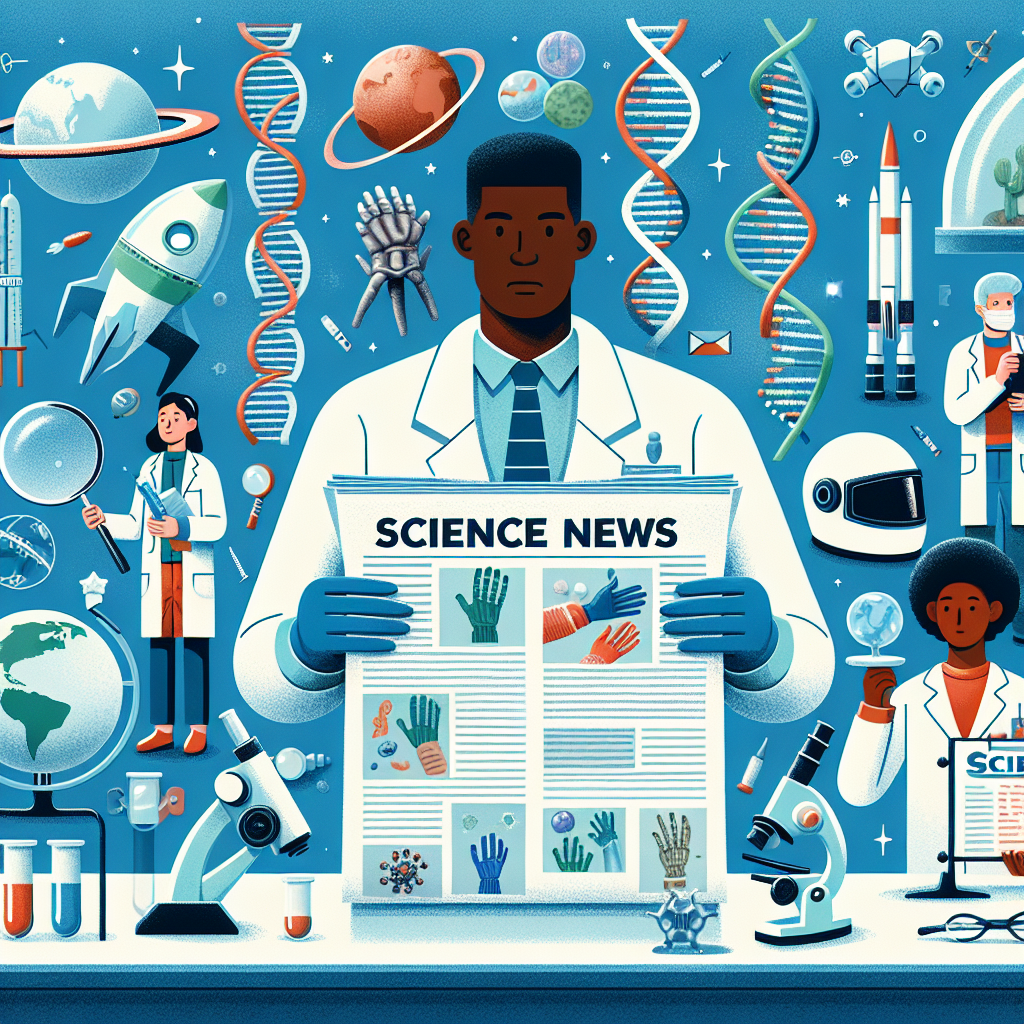Breakthroughs in Science: From Brain Implants to Space Discoveries
Recent scientific advancements include a brain implant restoring speech for ALS patients, sequencing the South American lungfish's genome, launching a methane-detecting satellite, and discovering the origin of the dinosaur-killing asteroid. These studies showcase significant progress in various fields, highlighting innovative solutions and new insights into Earth's history.

Following is a summary of current science news briefs.
A significant breakthrough has been achieved in the field of neurotechnology. A man with amyotrophic lateral sclerosis (ALS) has regained his ability to communicate using a text-to-speech brain implant developed by Blackrock Neurotech. Researchers unveiled these findings in two new studies published in the New England Journal of Medicine, showcasing the potential of brain-computer interfaces to restore speech in paralyzed patients. Dr. Edward Chang of the University of California, San Francisco praised these studies for their practical applications in an accompanying editorial.
Meanwhile, the South American lungfish, an ancient species dwelling in South America, has been discovered to possess the largest genome of any known animal. Scientists have sequenced the lungfish's genome, which is about 30 times larger than the human genome, providing insights into its evolutionary history.
In space exploration news, a coalition supported by philanthropists like Mike Bloomberg and utilizing NASA technology has launched its first satellite to detect methane leaks from space. This initiative aims to combat climate change by identifying and addressing the sources of this potent greenhouse gas.
Lastly, a new study has concluded that the asteroid responsible for the extinction of the dinosaurs originated from beyond Jupiter. This revelation came from analyzing the debris left by the impact, resolving a longstanding scientific debate about the asteroid's origin.
(With inputs from agencies.)
ALSO READ
Diverging Paths: Harris and Trump on Climate Change
Climate Change & Cocoa: The Race to Create Sustainable Chocolate
Africa's Growing Climate Change Burden: A Financial Crisis in the Making
Harnessing AI for Accurate Flood Prediction in South Sudan Amid Climate Change
Pope Francis Tackles Climate Change on Historic Tour










